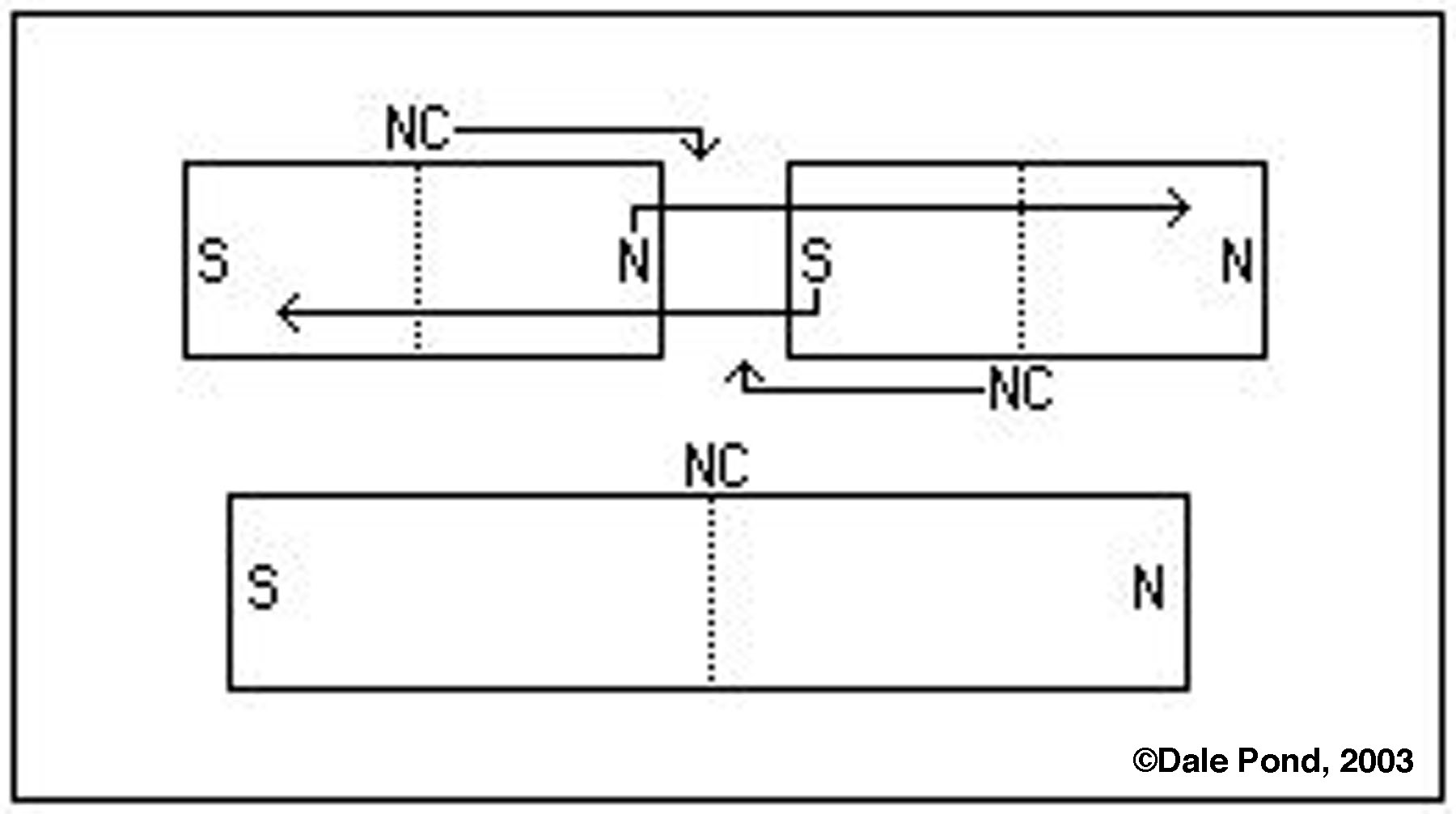In 1950, when I was in the fourth grade, my science teacher told the class that "everything is a solid, a liquid, or a gas."
I raised my hand and asked the teacher, "what's fire, or electricity?" I couldn't see how these were part of the teacher's triad. A smarter teacher could have explained that fire was indeed a gas (or perhaps a plasma), but Mr. Billodue was stumped and basically told me to shut up.
Now I'm reading God's Debris, by Scott Adams (creator of Dilbert) http://images.ucomics.com/images/pdf...godsdebris.pdf, which asks the same question in a broader sense: what is a magnetic field?
I still have no answer. Do you know what an electromagnetic field is?
I raised my hand and asked the teacher, "what's fire, or electricity?" I couldn't see how these were part of the teacher's triad. A smarter teacher could have explained that fire was indeed a gas (or perhaps a plasma), but Mr. Billodue was stumped and basically told me to shut up.
Now I'm reading God's Debris, by Scott Adams (creator of Dilbert) http://images.ucomics.com/images/pdf...godsdebris.pdf, which asks the same question in a broader sense: what is a magnetic field?
“Consider magnets,” the old man said. “If you hold two
magnets near each other, they are attracted. Yet there is
nothing material connecting them.”
“Yes there is,” I corrected. “There’s a magnetic field.
You can see it when you do that experiment with the metal
shavings on a piece of paper. You hold a magnet under the
paper and the shavings all organize along magnetic lines.
That’s the magnetic field.”
“So you have a word for it. It’s a ‘field,’ you say. But you
can’t get a handful of this thing for which you have a name.
You can’t fill a container with a magnetic field and take it with
you. You can’t cut it in pieces. You can’t block its power.”
“You can’t block it? I didn’t know that.”
“You can alter a magnetic field by adding other magnetic
material, but there is no non-magnetic material you
can put between two magnets to block them. This ‘field’ of
yours is strange stuff. We can see its effect, and we can
invent a name for it, but it doesn’t exist in any physical
form. How can something that doesn’t exist in physical
form have influence over the things that do?”
magnets near each other, they are attracted. Yet there is
nothing material connecting them.”
“Yes there is,” I corrected. “There’s a magnetic field.
You can see it when you do that experiment with the metal
shavings on a piece of paper. You hold a magnet under the
paper and the shavings all organize along magnetic lines.
That’s the magnetic field.”
“So you have a word for it. It’s a ‘field,’ you say. But you
can’t get a handful of this thing for which you have a name.
You can’t fill a container with a magnetic field and take it with
you. You can’t cut it in pieces. You can’t block its power.”
“You can’t block it? I didn’t know that.”
“You can alter a magnetic field by adding other magnetic
material, but there is no non-magnetic material you
can put between two magnets to block them. This ‘field’ of
yours is strange stuff. We can see its effect, and we can
invent a name for it, but it doesn’t exist in any physical
form. How can something that doesn’t exist in physical
form have influence over the things that do?”
I still have no answer. Do you know what an electromagnetic field is?
.png)





Comment